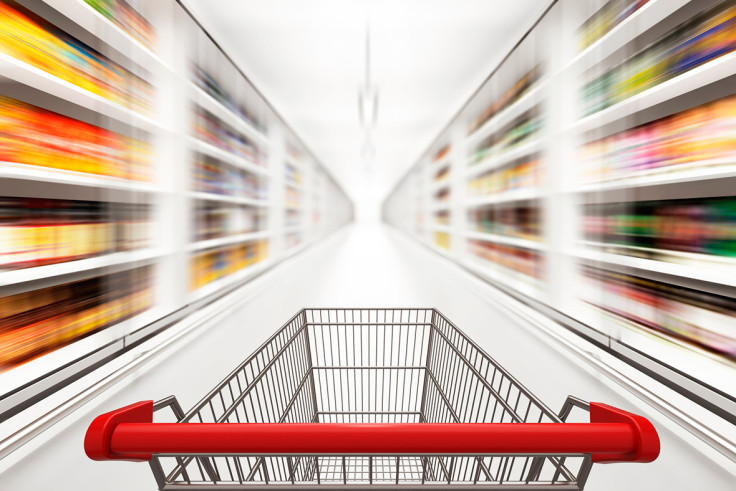UK inflation surges to joint-highest level in four years as cost of food and fuel increases
ONS data shows inflation hit 2.9%, beating analysts' expectations of a 2.8% reading.

Inflation in Britain rose at the joint-fastest pace in four years in August, remaining above the Bank of England's 2% target for the sixth consecutive month, after breaking through the threshold for the first time in three years in March.
According to data released by the Office for National Statistics (ONS) on Tuesday (12 September), inflation as measured by the Consumer Price Index (CPI) rose 2.9% year-on-year last month, compared with the 2.6% growth recorded in July, and above analysts' expectations for a 2.8% reading.
This is only the second time inflation has hit the 2.9% mark in four years, the first being in May 2017.
On a monthly basis, inflation climbed 0.6%, after slipping 0.1% in the previous month. Analysts had expected a 0.5% increase.
The ONS said that rising prices for clothing and fuel were the main contributors to the increase. Air fares also rose between July and August but the rise was smaller than between the same two months a year ago, which partly offset the increase in other categories.
Meanwhile, core inflation, which excludes volatile items such as energy prices, rose 2.7% year-on-year, higher than the 2.4% growth recorded in the previous month and beating expectations for a 2.5% reading. The figure was also the highest on record since 2011.
The latest report is in line with the forecast issued by the BoE last month, when the Bank said it expected CPI inflation to peak at 3% in October this year. Inflation is then forecast to fall to 2.6% in 2018, before settling at 2.2% in both 2019 and 2020 respectively.
However, economists suggested the latest figure has put fresh pressure on the BoE to change their stance towards the monetary policy.
"The number is simply a nightmare for the BoE," said Naeem Aslam, chief market analyst at Think Markets UK. "The members of the policy makers are already split in their decision and now the market would expect more hawkish tone on Thursday. However, it is important to keep in mind that this kind of inflation which is not supported by higher wages is simply a bad inflation."
Ben Brettell, senior economist at Hargreaves Lansdown, added: "It looks likely that inflation will fall back in the coming months, as the effect of Brexit-induced sterling weakness falls out of the year-on-year calculation.
"Indeed it's possible that 2.9% will be the highest we see in the current cycle. Mark Carney will certainly be hoping so, as it will save him the trouble of writing to the chancellor to explain himself.
Beyond the currency effect there appear to be few underlying inflationary pressures.
The inflation data comes only a day before the release of the latest snapshot of Britain's labour market, which is expected to show average weekly earnings excluding bonuses only grew 2.2% year-on-year in July.
Economists have previously warned the squeeze on households was being exacerbated by subdued wage growth.
© Copyright IBTimes 2025. All rights reserved.






















